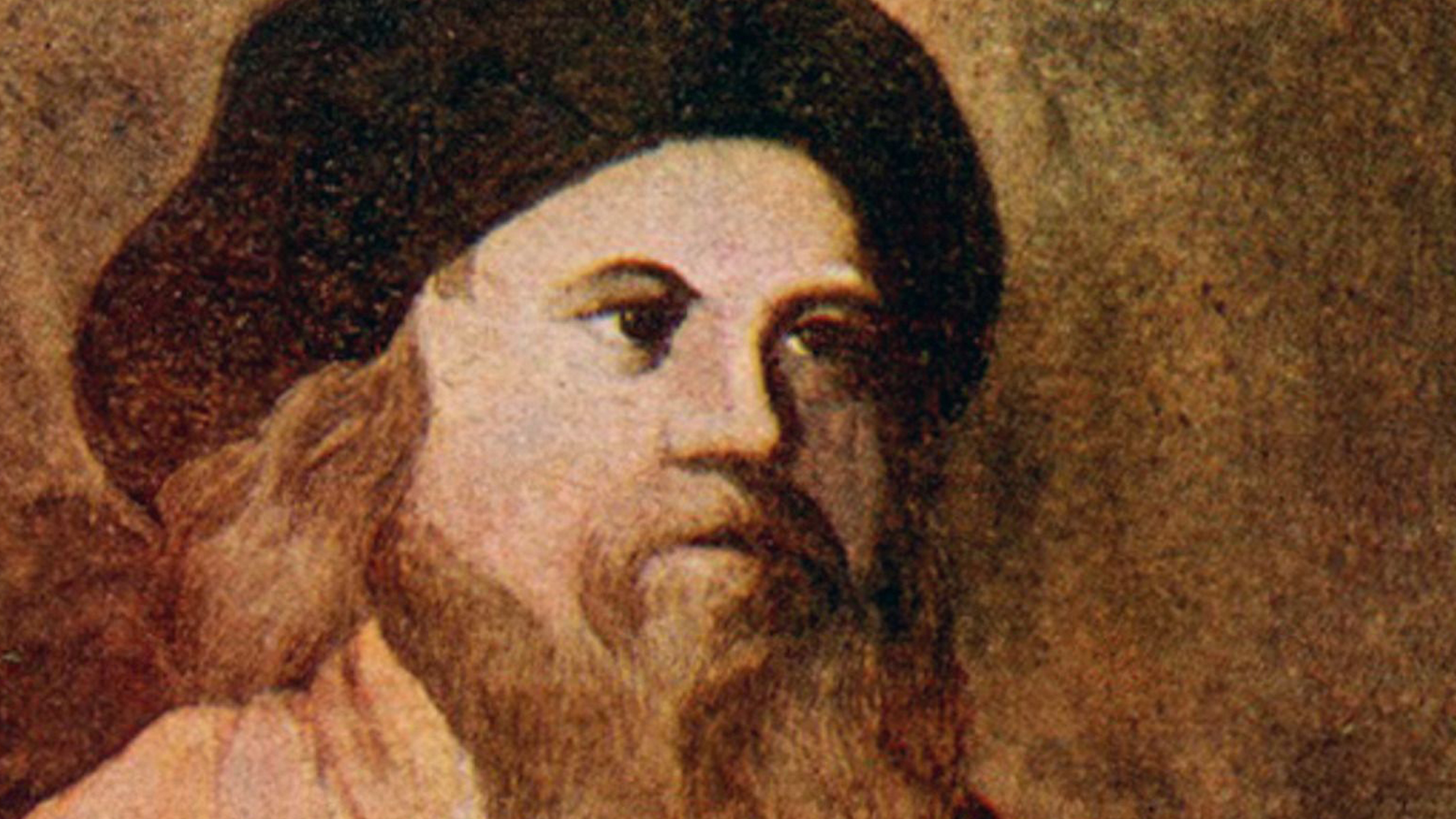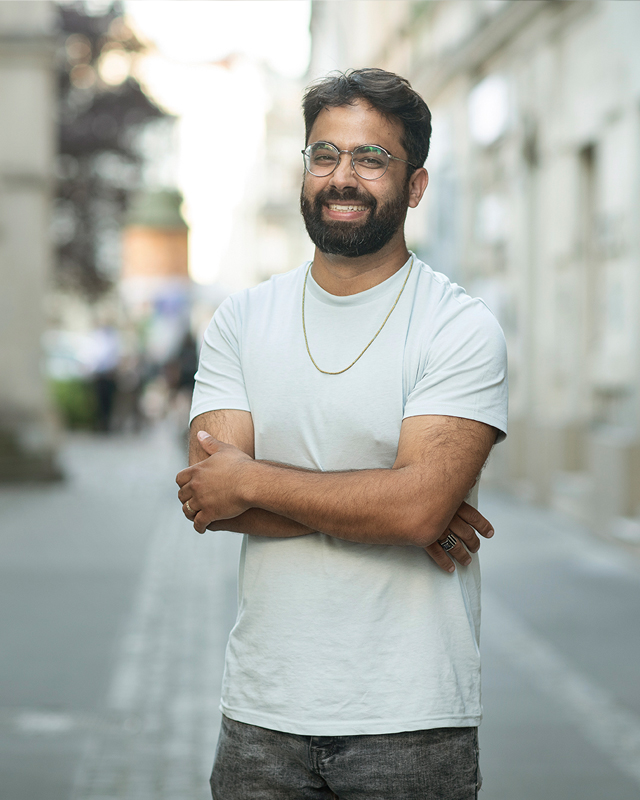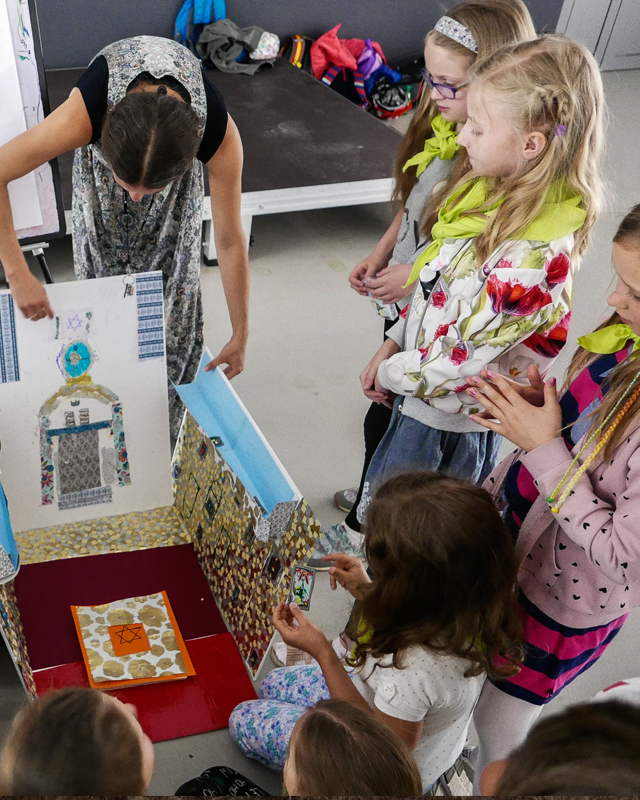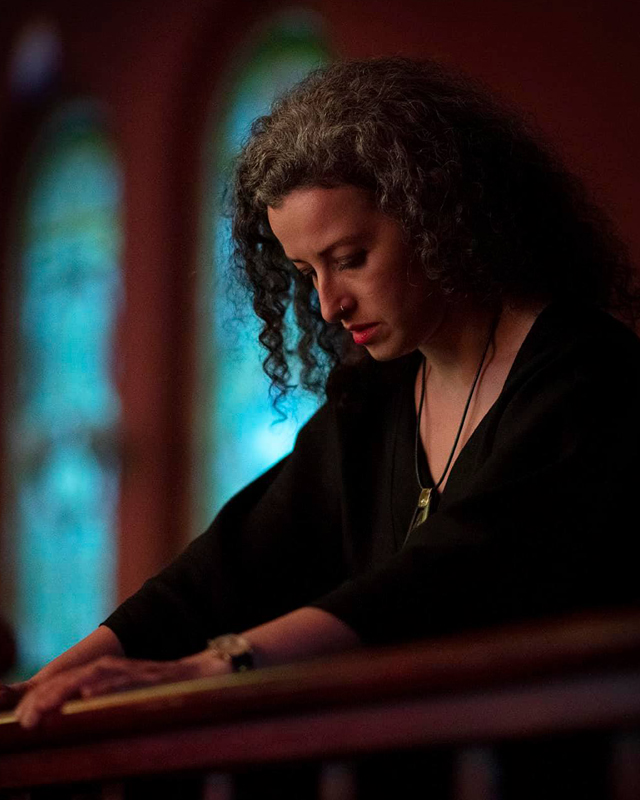“The Baal Shem Tov’s Testament”
28.06.2022 - 15:00 / Galicia Jewish Museum, ul. Dajwór 18There continue to be disputes on how, when and in what circumstances was Polish Hassidism established. In the past, researchers of Judaism created a hagiographic image of a folk movement for spiritual renewal that was assumed to be founded in the 18th century by the charismatic mystic leader and miracle worker, the Baal Shem Tov (or Besht). However, contemporary knowledge of the spiritual history of Jews contradicts this vision.
Hassidism owed much to the Polish believers of Sabbatai Zevi, the false Messiah of Smyrna – who also called themselves Hassidim – and to medieval Rhine Hassidism. For decades, the name of the Baal Shem Tov was not even mentioned by Hassidic leaders. Why is it then that the Besht was finally considered to be the founder and the main teacher of Hassidism? It is clear that an important role was played here by a small 18th-century book, Tzaavat ha’RIVaSH. This lecture will focus on The Testament of Rabbi Israel Baal Shem, which was published recently by Prof. Jan Doktór at the Jewish Historical Institute in Warsaw.
Prof. Jan Doktór – scholar and researcher at the Emmanuel Ringelblum Jewish Historical Institute and chief editor of Jewish History Quarterly. In his work, he focuses on Jewish spirituality, Jewish old prints and Christian missions among Polish Jews. He is an author of many several books and studies, including Początki chasydyzmu polskiego [The Beginnings of Polish Hassidism] (2004), Misjonarze i żydzi w czasach mesjańskiej zawieruchy 1648–1792 [Missionaries and Jews in the Times of the Messianic Turmoil 1648-1792] (2012), Słowa Pańskie. Nauki Jakuba Franka z Brna i Offenbachu [The Words of the Lord. The Teachings of Jacob Frank of Brno and Offenbach] (2017), Bracia, obcy czy współobywatele. Debaty chrześcijańskie na temat judaizmu i jego wyznawców w Europie do początków XIX wieku [Brothers, Others, or Co-Citizens. Christian Debates on Judaism and Its Believers in Pre-19-Century Europe] (2019). He also translates works on philosophy and religious studies. In 2021, he received the Jan Karski and Pola Nireńska Award.
Partner: Jewish Historical Institute
Free admission




